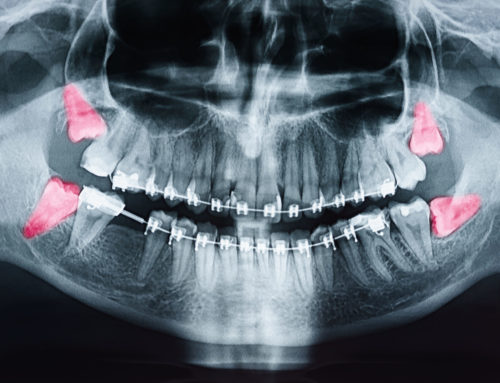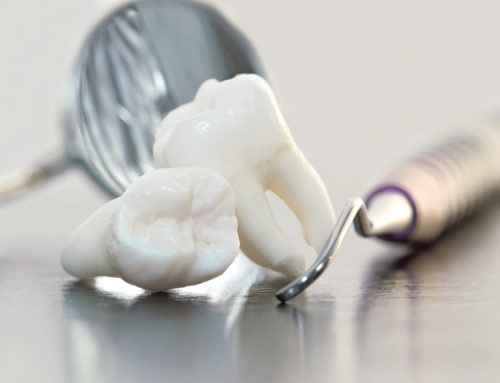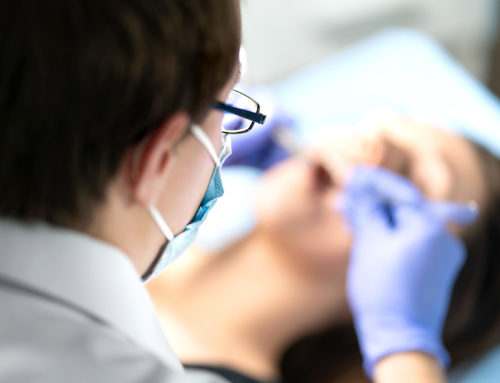 If you have an oral surgery scheduled in the near future, you may be concerned about what to expect, especially when it comes to bleeding. Bleeding is extremely common following an oral surgical procedure, so you will want to know what is common and when you should contact your surgeon for help.
If you have an oral surgery scheduled in the near future, you may be concerned about what to expect, especially when it comes to bleeding. Bleeding is extremely common following an oral surgical procedure, so you will want to know what is common and when you should contact your surgeon for help.
What You Can Expect in Terms of Bleeding
After your oral surgery, it is common for the site of the procedure to bleed slightly for up to 24 hours. At times, blood can mix with your saliva to make it look like you are bleeding much more heavily than you really are. If you are bleeding more than a slight ooze, reapply some fresh gauze to the site and hold it there for 30 minutes. Biting onto a tea bag for 30 minutes can also help with bleeding control, as the tannic acid found in tea can constrict the blood vessels.
Avoid Aggravating the Site
There are certain actions that can actually cause bleeding to get worse, so you’ll want to avoid them. Smoking is the primary culprit, as smoking can delay wound healing. You will also be advised to avoid using straws, as the negative pressure associated with sucking through a straw could aggravate the surgical site and dislodge the clot. It is also recommended that you avoid strenuous exercise for at least a day following your procedure.
Contacting your Oral Surgeon
If you are worried about the amount of bleeding you are experiencing after oral surgery, you can always contact your oral surgeon for advice. If prolonged bleeding is experienced more than a day after the procedure, it may warrant a trip back in to see your surgeon, who will inspect the area to see exactly where the bleeding is coming from. A combination of special dental materials and pressure could help to stop the bleeding.
Please contact us if you have any questions about managing your bleeding after an oral surgery.





